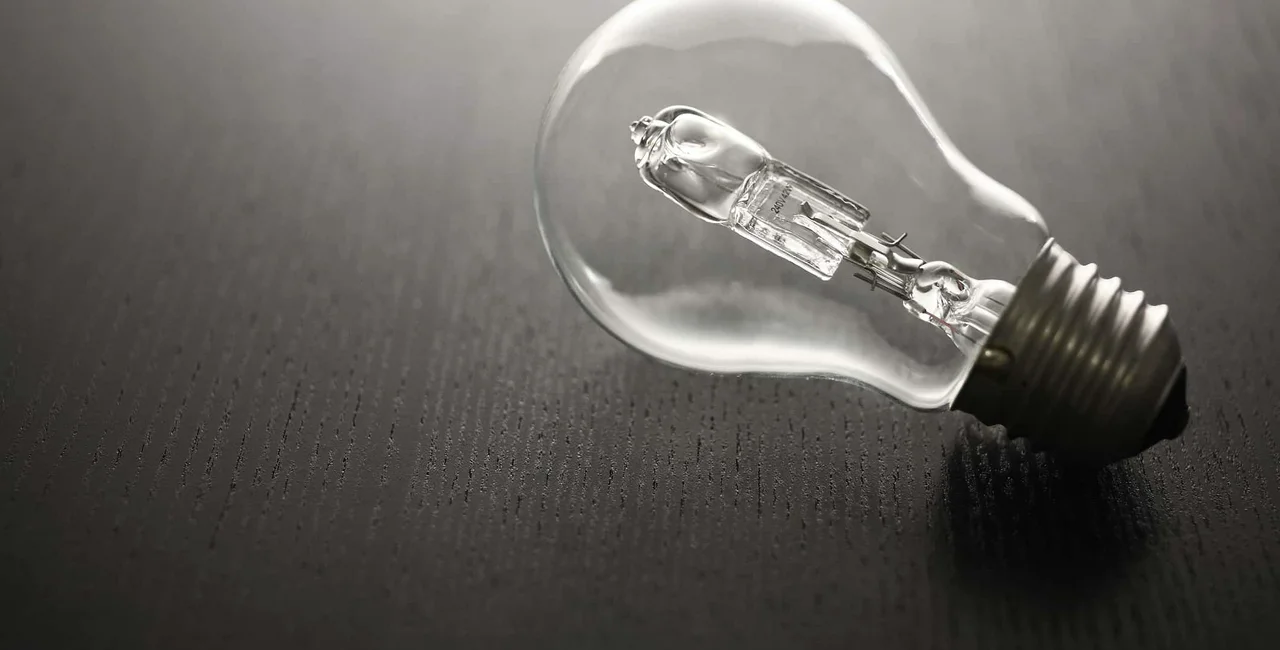In 2009, EU members voted in favor of phasing out halogen light bulbs, once a cornerstone of lighting technology, in favor of more energy-efficient LED alternatives.
Halogen bulbs bear a “D” energy rating, the lowest among available ratings, and use up to five times as much energy as more efficient LED alternatives.
PARTNER ARTICLE
A full ban on halogen bulbs throughout the EU was set to take place on September 1, 2016, but that was delayed by two years, with cheaper halogen bulbs still available at many locations in the Czech Republic.
From next month, however – September 1, 2018 – the EU ban on halogen bulbs will finally take full effect. That means that consumers will no longer be able to legally buy most types of halogen bulbs at locations in the Czech Republic and throughout the EU.
Critics of the ban point to the increased upfront cost to the consumer, who will no longer have the choice to purchase a less-expensive halogen bulb. LED bulbs can be 2-3 times more expensive than their halogen counterparts.
But while most LED bulbs are still more expensive to purchase than their halogen counterparts, LED prices have decreased by more than 75% over the past decade.
And a comparison of energy savings by using LED means that the bulbs will pay for themselves through money saved in electricity costs within a year, and each LED bulb will save 115 Euros (3000 crowns) over a halogen alternative over the course of their 20-year lifespan.
While an estimated 6,800 jobs in halogen production across the EU will be lost with the ban, that loss would have soon been inevitable due to advancements in LED technology, says the European Commission.
According to the Commission, the switch will save a total of 48.0 TWh of electricity per year – more than the entire annual electricity consumption of the Czech Republic. It will also save 15.2 million tonnes of CO2 emissions by 2025, and reduce EU import of oil by 73.8 million barrels.












 Reading time: 1 minute
Reading time: 1 minute 





















